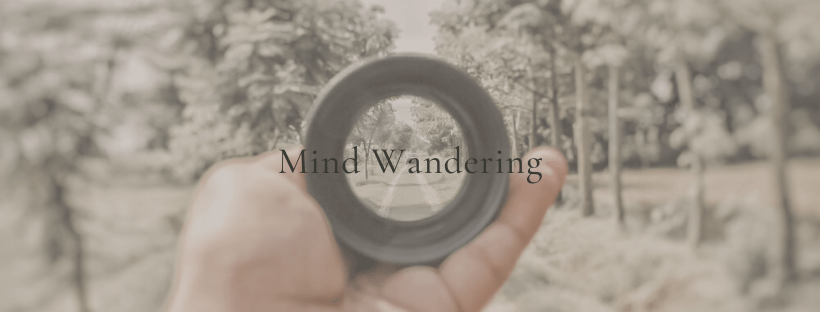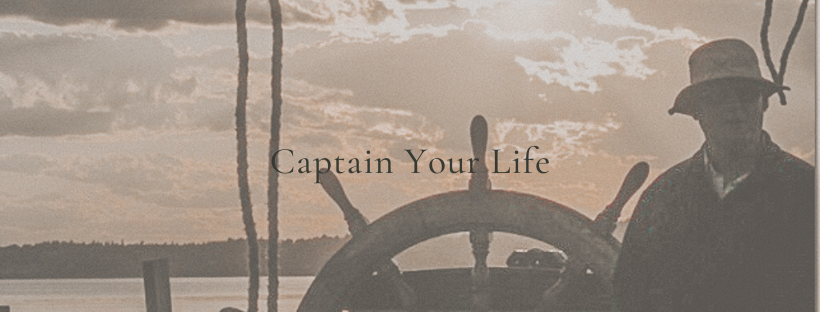Are you waiting to be in a better mood or to feel less anxious? Are you waiting to feel more confident and motivated? Are you waiting till tomorrow to do what you really know should be done today?
I was…. There was a period in my early thirties when I remember thinking to myself “I didn’t used to be this way. I wasn’t as anxious, irritable, or as pessimistic as I am now. I would have this thought repeatedly and though I wasn’t necessarily putting it together at the time, I was waiting for something to happen for me. I was waiting to “magically” return to my less anxious, less irritable, happier, more upbeat self.
The irony is, as a psychologist, I was fully aware of the brain’s ability to change in response to experience (neuroplasticity), I had just neglected to consider that it can also change for the worse. Our brains sculpt itself around the most attended input and if that input is anxious thoughts, fear, negativity, personal hurts, self- doubt, insecurity, etc. these will all multiply and the networks that host them will become stronger.
There is more to the story though. The truth is, by brain design, we have innate ways of thinking and attending (Dr. Amit Sood calls them brain traps) that while necessary for survival can also work against us. Understanding and not being passive to these neural proclivities will empower you to use your mind differently, shifting your mindset and increasing your well-being.
Neural Trap 1: Mind wandering–There is an area of the brain that hosts mind wandering, called the default mode network. This is the baseline we default to when we are not fully or intentionally engaged, maybe because the task is familiar, uninteresting, or we are on automatic pilot. Excessive activity of this network is associated with anxiety and depression, in part because the mind likes to wander to problems, real, perceived, or anticipated.
The more we use this network, the stronger it becomes, leading people to get trapped in their heads. This creates unhappiness, which leads to more bad news, because the less happy we are, the more our minds wander.
Neural Trap 2: The Negativity Bias–This trap is so well intentioned because it starts with the hardwiring we have to keep us alive, but results in us perceiving, attending to, and remembering negative experiences far more than positive ones. We are more likely to take things personally, remember the one person who wronged us in the day, dwell on our misfortunes etc. Essentially, we have a brain that is much better designed to learn from negative experiences than positive ones and to see threats where there may not be any.
Dr. Rick Hanson talks a lot about this topic and reminds us that we don’t have to try to pay attention to or try to remember negative experiences, our brains are biased to do that on its own. But, we do have to be intentional about taking in the good. An important reminder here is that, for the most part, happier people don’t have more positive and fewer negative events; they pay more attention to positive events and less to negative ones.
Neural Trap 3:Two minds one brain–Given the way the brain has evolved, we have a short term version of ourselves and a long term version. There’s the version of ourselves that acts on impulse and seeks immediate gratification (more primitive part of our brain) and there is the version of us that controls our impulses, delays gratification and bias’ us toward doing the harder thing (prefrontal cortex).
We are not one or the other, we are both and sometimes we identify with the version that wants to lose weight, be more patient, have better self-control and sometimes we identify with the version that just wants the cookie. Since we are hardwired to avoid pain and seek out pleasure, times of stress, anxiety, or any emotional imbalance make us particularly vulnerable to acting from the short term version, which sends all long term goals out the window.
What can we do?
- Set an Intention. Your brain is a ship in the sea of life with or without a captain. Choose to be a captain and don’t abandon the helm when the waters become choppy. Often, there is an unspoken, maybe even unconscious mentality of “if I get up on the wrong side of the bed, then I’m at a loss” In other words, “since I feel bad, I’m going to have a bad day. I’m in a rotten mood and I may or may not know why, but I sure hope I feel differently tomorrow.” Implicit in that last statement, is maybe tomorrow I’ll have a good day and maybe then I can live my life the way I want to.
- Mindfulness reduces activity in the default mode network of the brain. It returns us back to the focused mode and this is what we want to reinforce. Strengthening your muscle of attention, increases self-awareness, which allows you to live intentionally.
- Practice intentionally taking in the good. Stay with any positive experience for approximately 20 seconds, rehearsing it and immersing yourself in it.
- Identify what version of yourself you are in. People that struggle with achieving goals, sticking to their diet, staying with an exercise program, etc. will often say things like “I don’t have any willpower or self-control”. You do, but not in the short-term version of yourself. Asking yourself what version is showing up, activates the long-term version of you. Practice acting in congruence with that self. Willpower is a skill we can build on rather than a virtue weeither have or don’t have.
Willpower is better thought of
as a skill than a value we
either have or don't have
5. Identify actionable values. This is a twist on what people usually think of when they hear the word values. Common areas of life that people value are family, work, health, spirituality, friends/social, and education/training to name a few. Find chosen ways of showing up in each area, these are your actionable values. So, ask yourself “what kind of _________ (mother, father, friend, employee, etc.) do I want to be?”. Feelings or states of being (e.g. happy, content) are not helpful to pick because we can’t choose to feel them.
Feelings will come and go, but your values
are an unwaverable compass,
let them be the guide.




